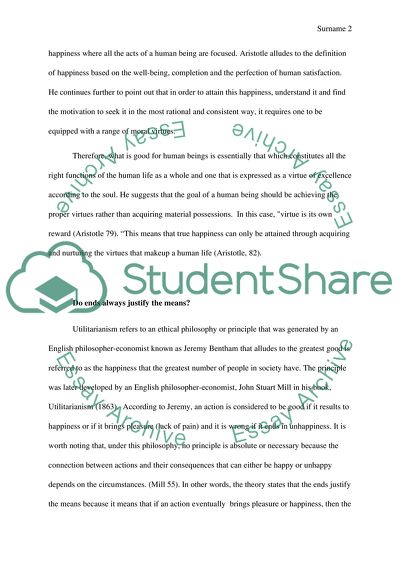Cite this document
(Morality and the Desire for Happiness. Aristotle, Mill and Kant Theori Essay, n.d.)
Morality and the Desire for Happiness. Aristotle, Mill and Kant Theori Essay. https://studentshare.org/philosophy/1818216-morality-and-the-desire-for-happiness-aristotlemill-and-kant-theories
Morality and the Desire for Happiness. Aristotle, Mill and Kant Theori Essay. https://studentshare.org/philosophy/1818216-morality-and-the-desire-for-happiness-aristotlemill-and-kant-theories
(Morality and the Desire for Happiness. Aristotle, Mill and Kant Theori Essay)
Morality and the Desire for Happiness. Aristotle, Mill and Kant Theori Essay. https://studentshare.org/philosophy/1818216-morality-and-the-desire-for-happiness-aristotlemill-and-kant-theories.
Morality and the Desire for Happiness. Aristotle, Mill and Kant Theori Essay. https://studentshare.org/philosophy/1818216-morality-and-the-desire-for-happiness-aristotlemill-and-kant-theories.
“Morality and the Desire for Happiness. Aristotle, Mill and Kant Theori Essay”. https://studentshare.org/philosophy/1818216-morality-and-the-desire-for-happiness-aristotlemill-and-kant-theories.


